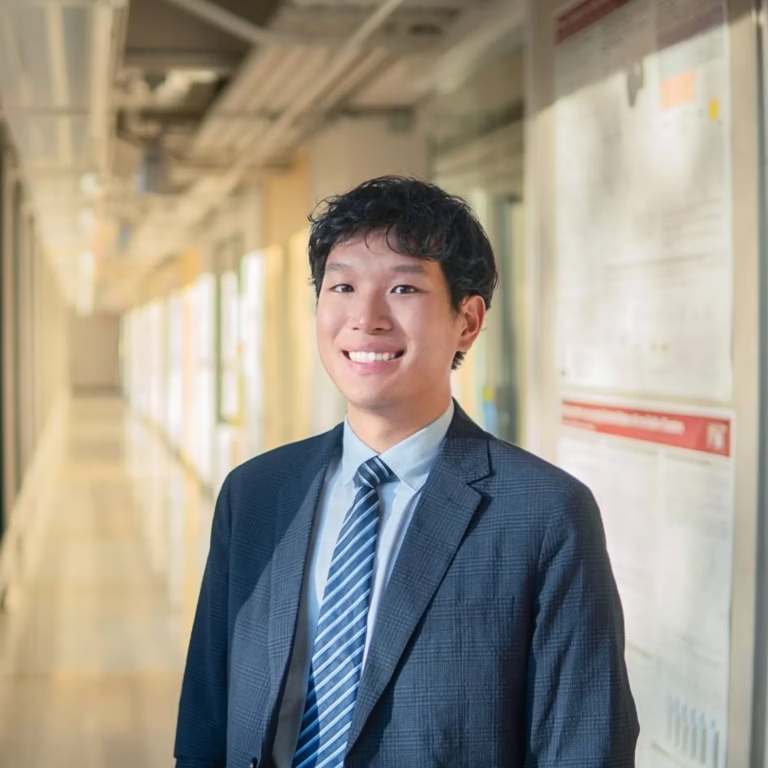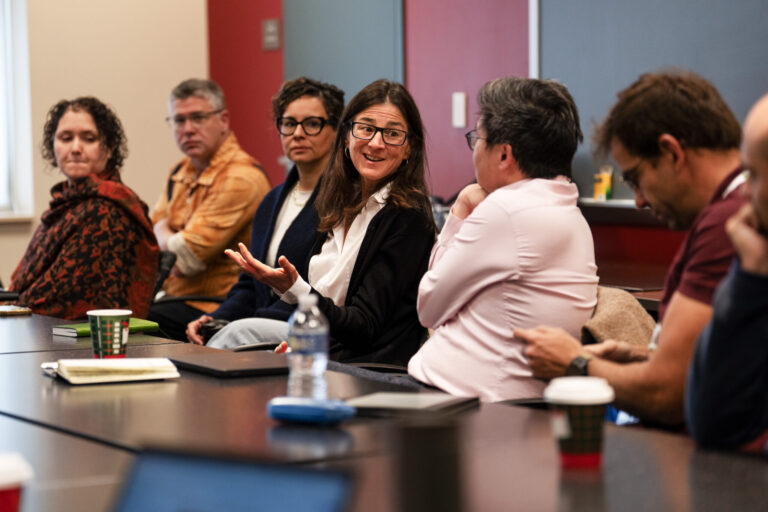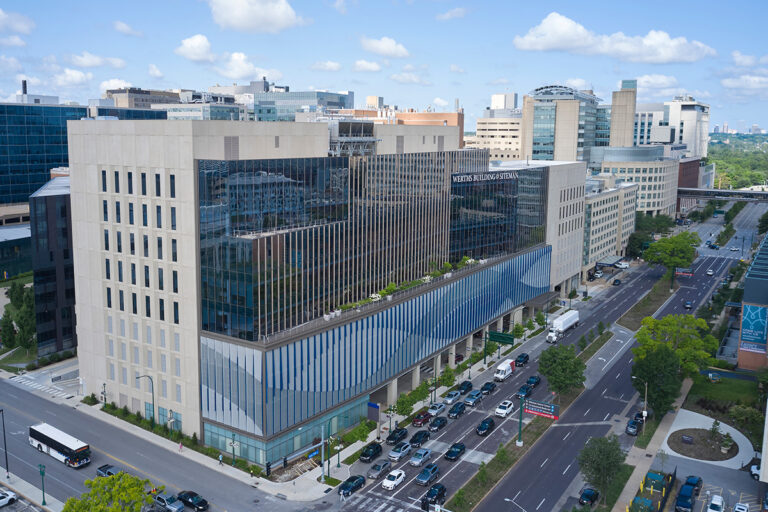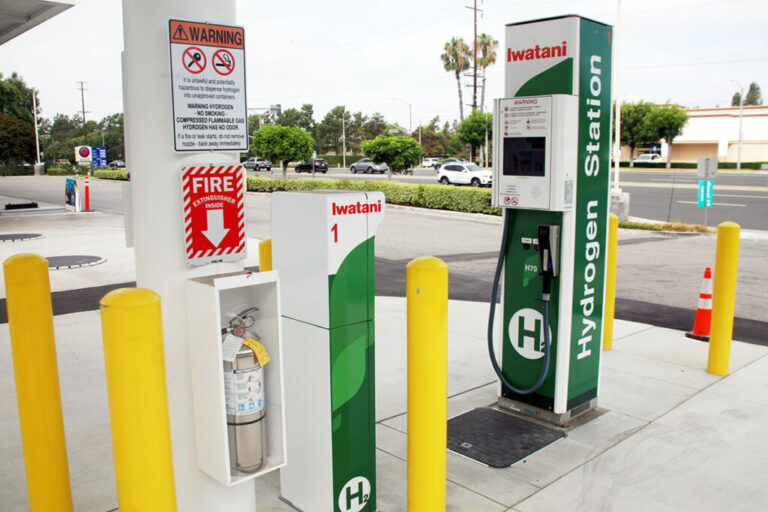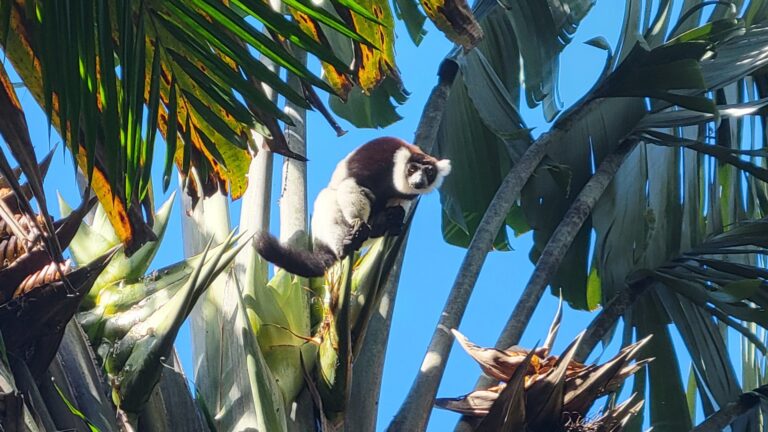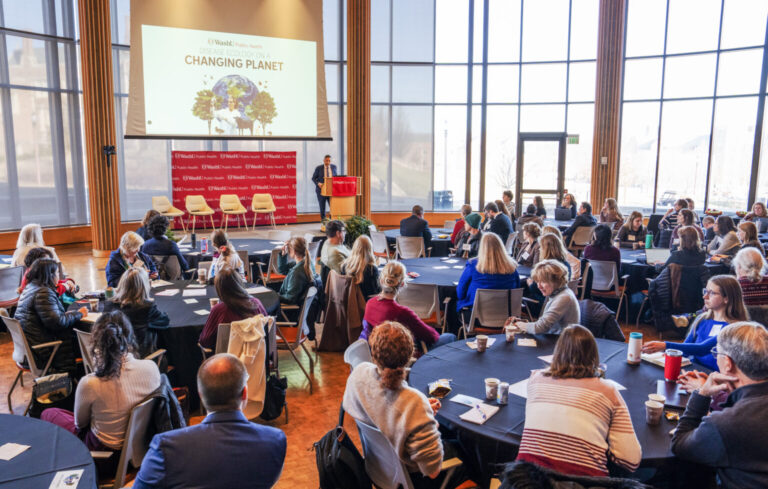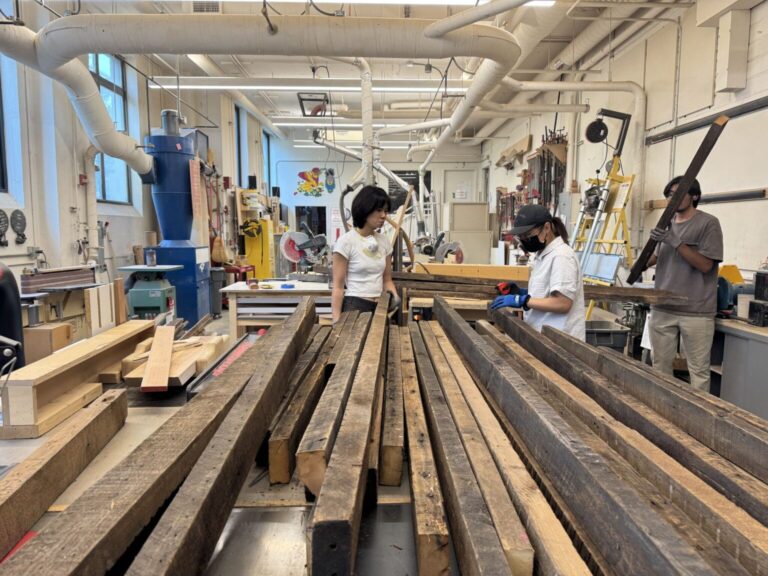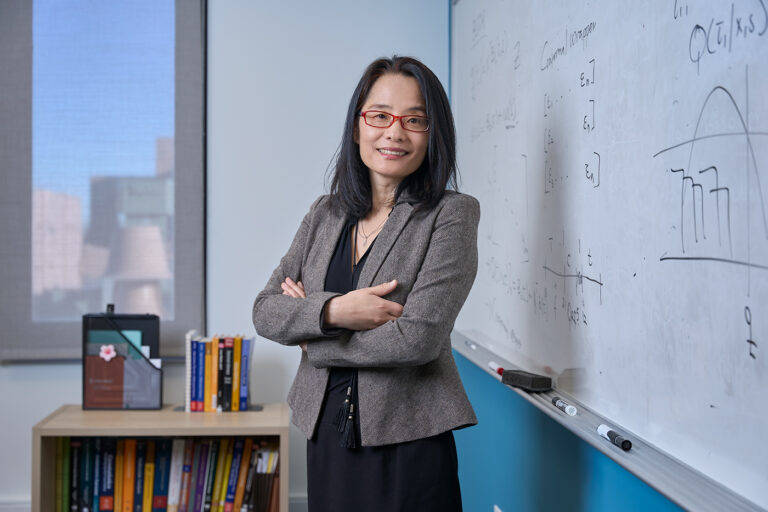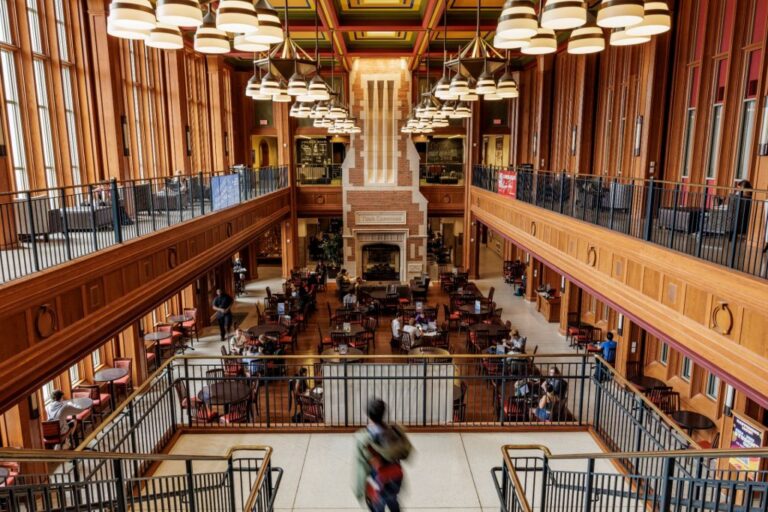Scholar Profile: Zach Zheng
Zack Zheng Scholar Profile Zhiling “Zach” Zheng is an assistant professor of chemistry and principal investigator of the Deep Synthesis Lab, a research team integrating AI with synthetic chemistry to accelerate the discovery of framework materials. Zheng’s interest in chemistry began early. As a middle school student, he was fascinated by crystallization – a process […]
WashU’s FARM hosts visit by international food and ag experts
Visit part of effort to strengthen collaboration among Latin America, US, UK
Making hydrogen fuel cells ‘less precious’
WashU chemical engineers work to bring stability to iron components in fuel-cell technologies
Human-wildlife interaction in Madagascar
Three WashU researchers studying human-wildlife interaction in the forests of Madagascar have approached their research in a unique way – one that recognizes that protecting wildlife requires protecting people.
WashU uses newly instated Public Exchange Program to address public health concerns
WashU’s first Public Exchange project — which tests St. Louis’ soil for increased lead levels after the May 16, 2025, tornado — hopes to have its first data sets ready in mid-February 2026.
SPHERE convening addresses how environmental change shapes disease risk
The first annual convening of WashU Public Health’s Solutions through Planetary Health Research (SPHERE) network explored how infectious disease risk is changing as the environment changes, and why coordinated, multisectoral collaborations are essential to respond effectively.
The life cycle of a building
At Chicago Architecture Biennial, WashU and SOM showcase material reuse
At the intersection of data, climate, and human health
Bo Li, the Stanley A. Sawyer Professor of Statistics and Data Science, describes the potential of data science to address interwoven challenges at the nexus of environmental change and human health.
Sodexo achieves Green Dining Alliance certification at WashU
WashU now boasts 13 dining locations that have been certified by the Green Dining Alliance.
